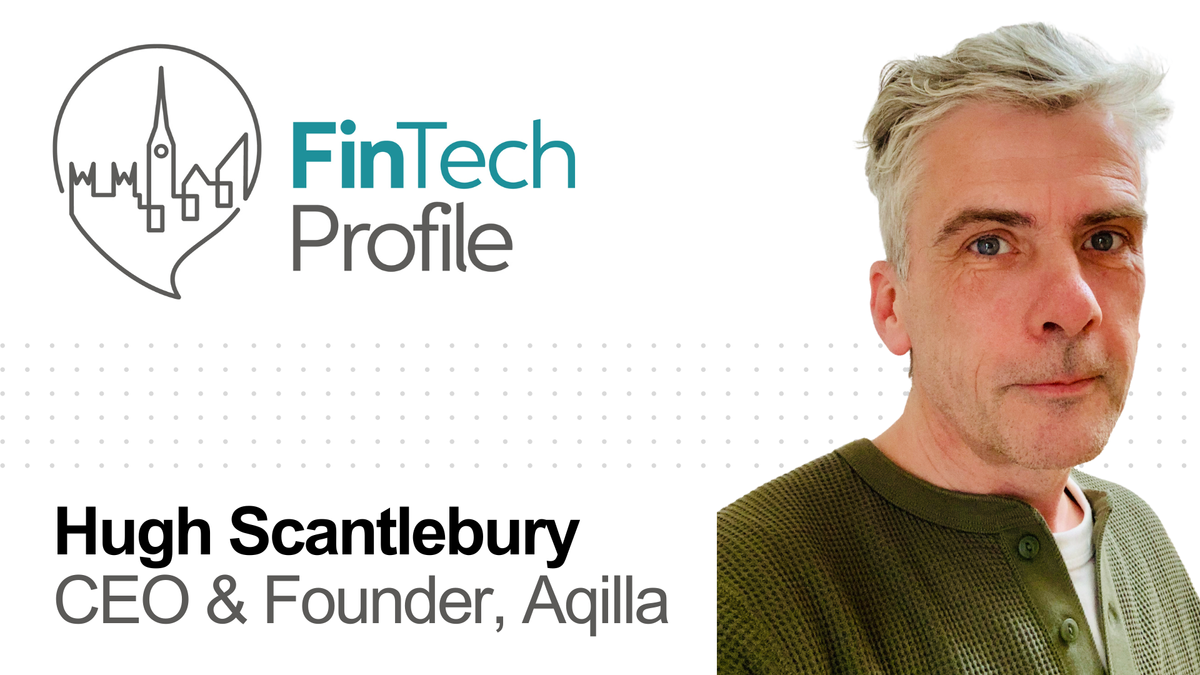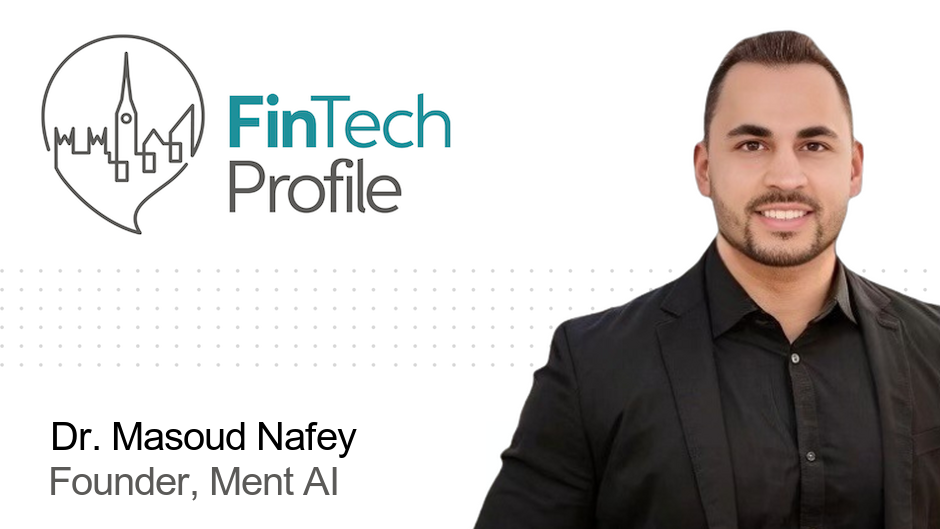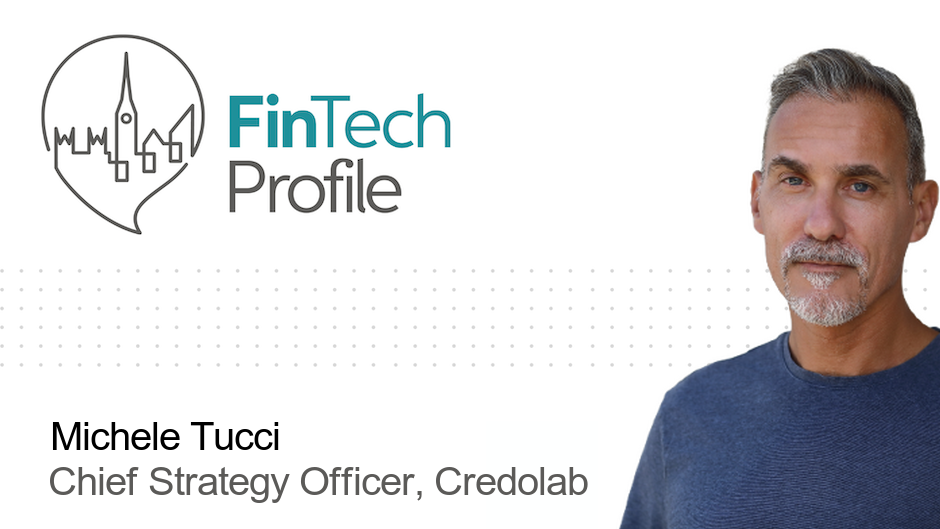Hugh Scantlebury, CEO & Founder, Aqilla

Today it’s time to meet Hugh Scantlebury, the CEO & Founder of Aqilla, the cloud-based mid-market accounting and postmodern ERP system. Read on to find our about Hugh’s brilliant ‘origin story’ for how Aqilla came to be.
Who are you and what’s your background?
My name is Hugh Scantlebury. I’m the Co-Founder and CEO of Aqilla, a cloud-based accounting and business solution for mid-market and international organisations.
My career began more on the technology side of Fintech as I studied Computer Studies at the University of Portsmouth. After graduating, I worked my way up through various technical support and sales roles before moving to Systems Union, where I became EMEA Channel Sales Director.
This was my first significant introduction to the finance world, and I led an international team that sold integrated financial and business solutions. Then I did a stint with Sage. I ran the Corporate and European divisions, and I launched the company’s OLAP and e-business development services initiatives. I promise it was very cutting-edge at the time!
Following that, in 2002, I was appointed Managing Director for Foundation Systems, a 3i-backed company that specialised in integrated financial and business management solutions. When the business was acquired by Infor in 2006, I decided to quit my job and start a web-based accounting and business systems company.
Throughout my career to that point, I had seen the potential for browser and web-based software and knew it would be big. I also saw that no one within the finance and accounting sector had tapped into its potential—and I wanted to be that person.
It wasn’t an easy decision. I’d worked for established companies and got used to good job security. But looking back now, I don’t regret the decision for a moment.
What is your job title and what are your general responsibilities?
As CEO, I set Aqilla’s strategic direction and oversee day-to-day operations. I make the key decisions to ensure we reach our goals and objectives. That’s everything from business growth and financial metrics to customer satisfaction ratings and employee engagement.
Of course, it’s not all about figures and targets. I want Aqilla to continue to be a fair, compassionate, open-minded and honest organisation that fosters a positive corporate culture. I hold these virtues in great esteem in my business and personal life, and they must remain core to Aqilla’s growth and development.
I also genuinely want Aqilla to be a place where people enjoy working. We spend so much time at work, so it’s essential—to me at least—that everyone feels welcomed, inspired, supported and respected.
Can you give us an overview of your business?
Aqilla is the name of our company and our product—a cloud-based accounting and business solution for mid-market and international organisations. We often talk about Aqilla as a postmodern ERP solution. That’s because it brings administrative and operational components, such as finance, purchasing, CRM, HR, distribution, business intelligence, and manufacturing, under one umbrella. Aqilla also has multilingual, multi-company, and multi-currency capabilities, which play a part in streamlining corporate financial management.
We set out to be simple, efficient, scalable, adaptable, and easy to use. Today, our customers can set up their entire business accounting system in as little as five days—so we think we’ve made great strides in this regard, especially when you look at competing solutions from some of the larger players. We also operate on a subscription basis. This means customers can tailor the solution to fit their needs without paying a single penny more than they need to.
Tell us how you are funded?
As a start-up, we were self-funded. A few years in, we got an angel investor who has supported us for the past 15 years and continues to do so. The company has been financially resilient throughout its lifetime, and we survived some of the biggest global crises, including the 2008 crash and, more recently, the COVID pandemic.
What’s the origin story? Why did you start the company? To solve what problems?
Aqilla was born because I saw an unfulfilled opportunity to develop an accounting and finance solution using browser and web-based software. It was a chance to build software using the then-emerging agile and lean principles, enabling us to grow quickly and mature faster than many competing solutions.
It was a bold move and very different from what the big corporates were doing in that space. But I believed that if we worked hard, smart and fast, we could catch them by surprise and overtake them. And that’s just what we did!
Who are your target customers? What’s your revenue model?
We are best suited for medium-sized businesses, but apart from that, it’s hard to describe a typical customer. We have a range of clients from various industries—from energy companies like Octopus to charities like Young Citizens and Keep Britain Tidy. Each customer story is relatively similar. We helped them automate their accounting processes, saving time and money whilst providing them with extensive finance and accounting capabilities. One of our customers worked out that they saved as much as three days each month on month-end reporting. Another reduced their software costs by 84% when they switched to our solution.
If you had a magic wand, what one thing would you change in the banking and/or FinTech sector?
Initiatives to digitalise the finance industry are great for so many people, and, to me, they are the future. Open Banking, for example, has brought more choice and created more competition amongst financial product and service providers. This has brought down the cost of insurance, personal loans, and other offerings—making them accessible to more people.
Then there’s Making Tax Digital, which has helped businesses and individuals simplify their tax returns, saving a lot of time and frustration. I wouldn’t wave away any of this progress with a magic wand. However, these new banking and tax management solutions aren’t accessible to everyone, and I would love to change that.
On rare occasions, I visit the local branch of my bank. It’s not my favourite thing to do, but some financial matters still need to be handled in person. On most visits, I see older people struggling because basic in-person services have largely been moved online. To make matters worse, bank branch closures are isolating those who are not digitally native or confident about going online, and we should be doing more to help them.
So, if I had a magic wand, I would eradicate the digital divide so that everyone can reap the latest Fintech benefits. I’d also banish the fraudsters who prey on people who are not confident online and get duped into parting with their hard-earned money.
Where do you get your Financial Services/FinTech industry news from?
You probably get this answer a lot, but of course, the Financial Times is my go-to source.
AccountingWEB.com is another excellent resource which keeps me updated on industry news, market updates, and opinions.
I’m also a regular visitor to the Institute of Institute of Chartered Accountants in England and Wales (ICAEW)‘s website.
What FinTech services (and/or apps) do you personally use?
I mainly use banking apps. I especially love the challenger banks like Monzo, Starling and Chase. They make banking so easy, intuitive and accessible—whether it’s dedicated savings spaces, Virtual Recurring Payments or the ability to split bills. I mean, we all have that friend who wants to get a calculator out at the end of a lovely meal and ruin the evening. This gets rid of the embarrassment and the cringe factor.
What’s the best new FinTech product or service you’ve seen recently?
Again, I would go for the challenger banks. They’re wreaking havoc amongst the traditional banks, which is great to see. However, I should also acknowledge the continued impact and influence of native mobile and digital payment providers like PayPal, Google Pay, Samsung Pay, and Apple Pay—all rooted in Big Tech rather than finance.
We often forget these products and their accompanying digital wallets represent some of the most prominent Fintech players—and their influence on our spending habits can’t be underestimated. It will be interesting to see how their products and services evolve over the next few years. Maybe some AI dimension? Perhaps some metaverse products? Could they even start supporting crypto?
Finally, let’s talk predictions. What trends do you think are going to define the next few years in the FinTech sector?
We’ll see even more automation, much of which will be driven by AI and machine learning. This should free account teams from the mundane, repetitive tasks that traditionally took so much time. But this kind of automation won’t mean the end for finance teams. Automation and AI should provide the space and time for accounting and finance professionals to acquire new skills and deliver additional value.
This should mean finance teams have even more opportunities to interpret cross-company knowledge and interconnections between financial and non-financial information—extending their influence far beyond current thresholds and firmly placing the department at the heart of business decision-making.
However, automation is not going to happen automatically. People must drive the change and create a culture where AI and automation are seen as enablers rather than threats. To that end, finance teams should be doing all they can right now to educate themselves about AI and plan how to utilise it. The finance industry has typically been cautious about adopting new tech, but as AI is evolving so quickly, we will soon start to see a divergence between those who should, can and will embrace AI and those who sit on the fence.
Hugh, thank you so much for taking the time to participate.
Find out more about Aqilla at www.aqilla.com and follow Hugh on LinkedIn here: Hugh Scantlebury.




